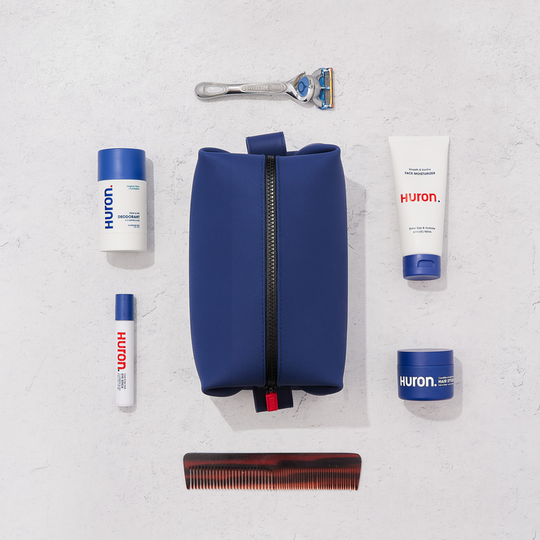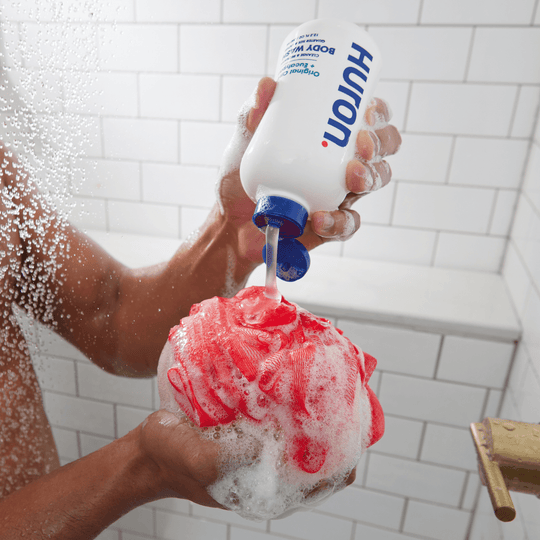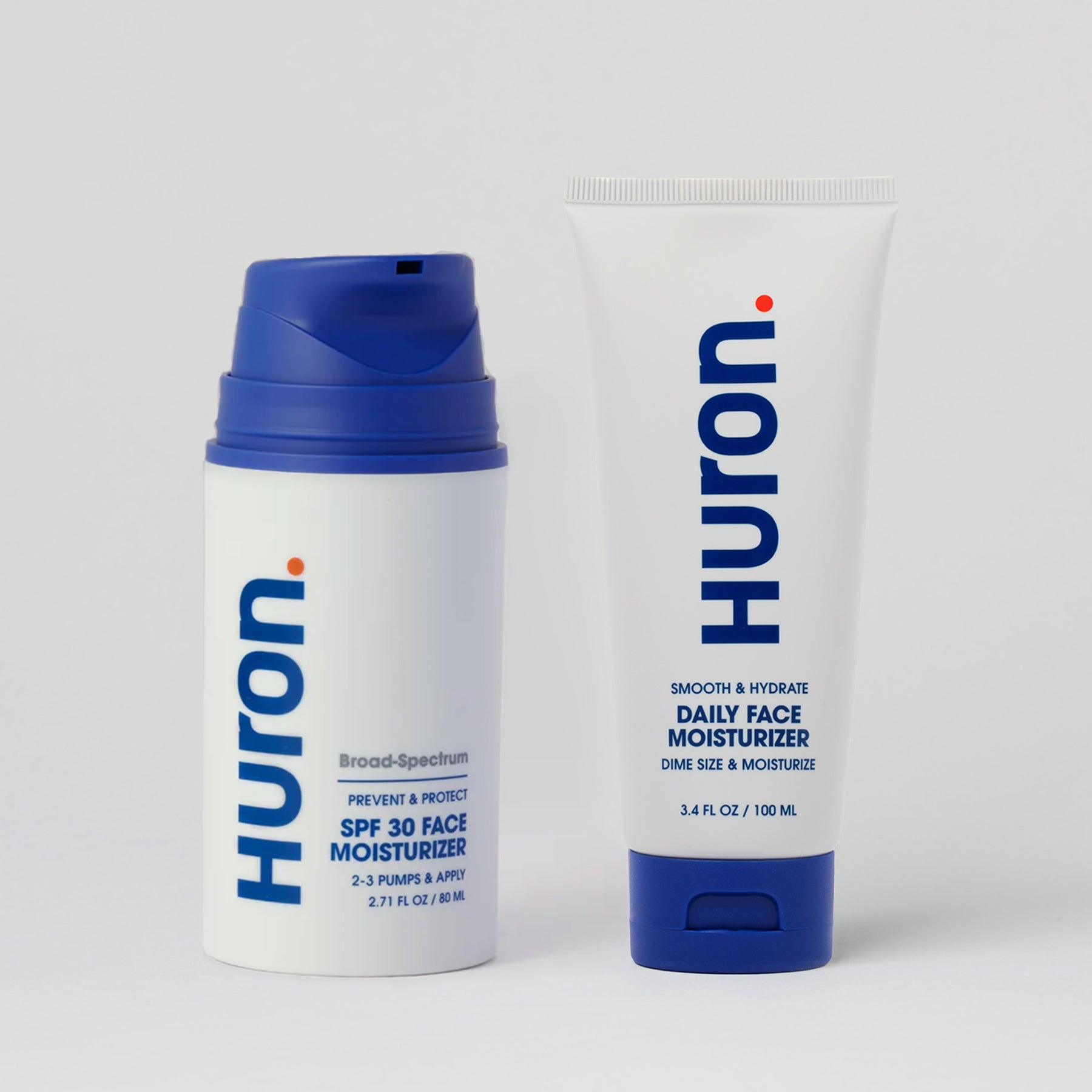
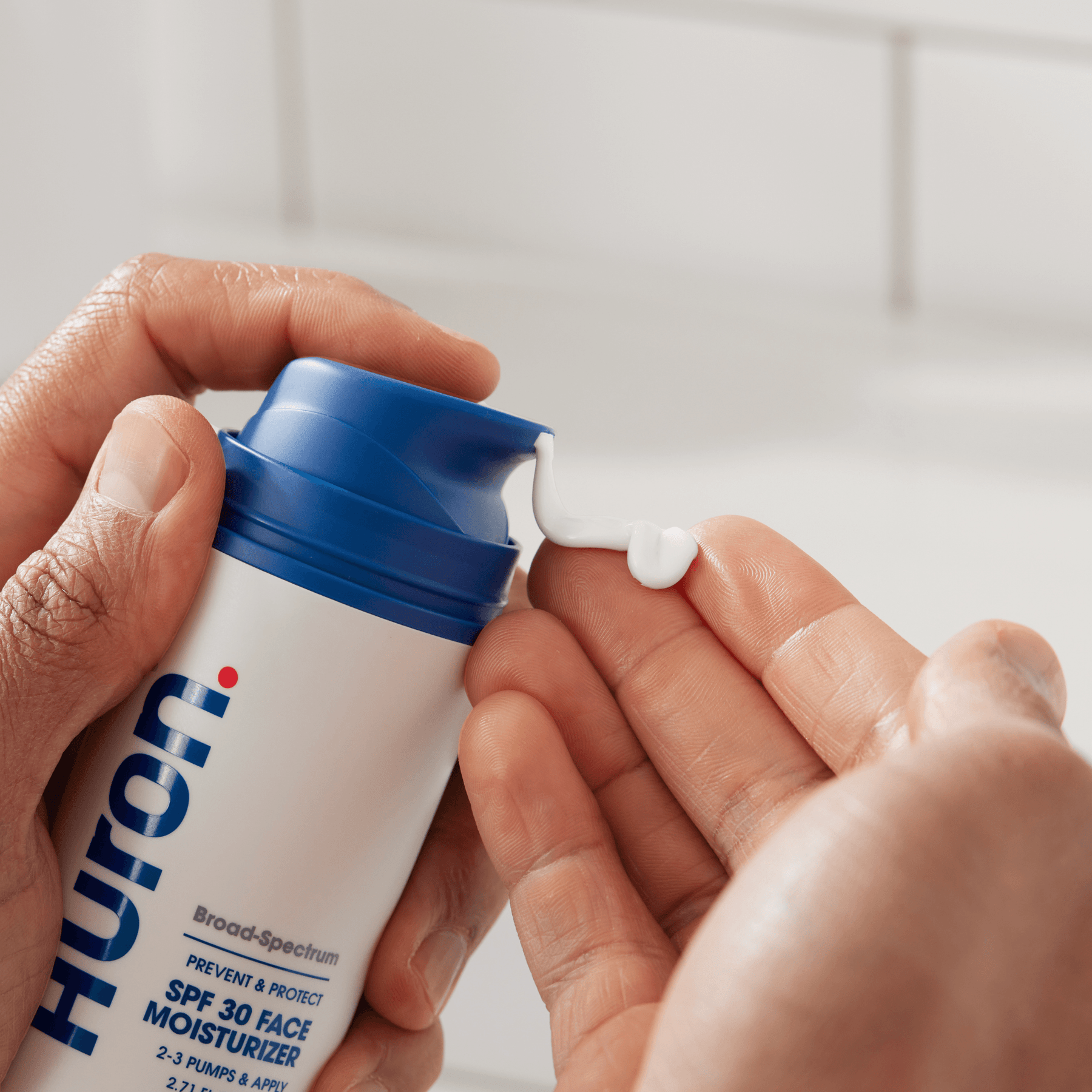

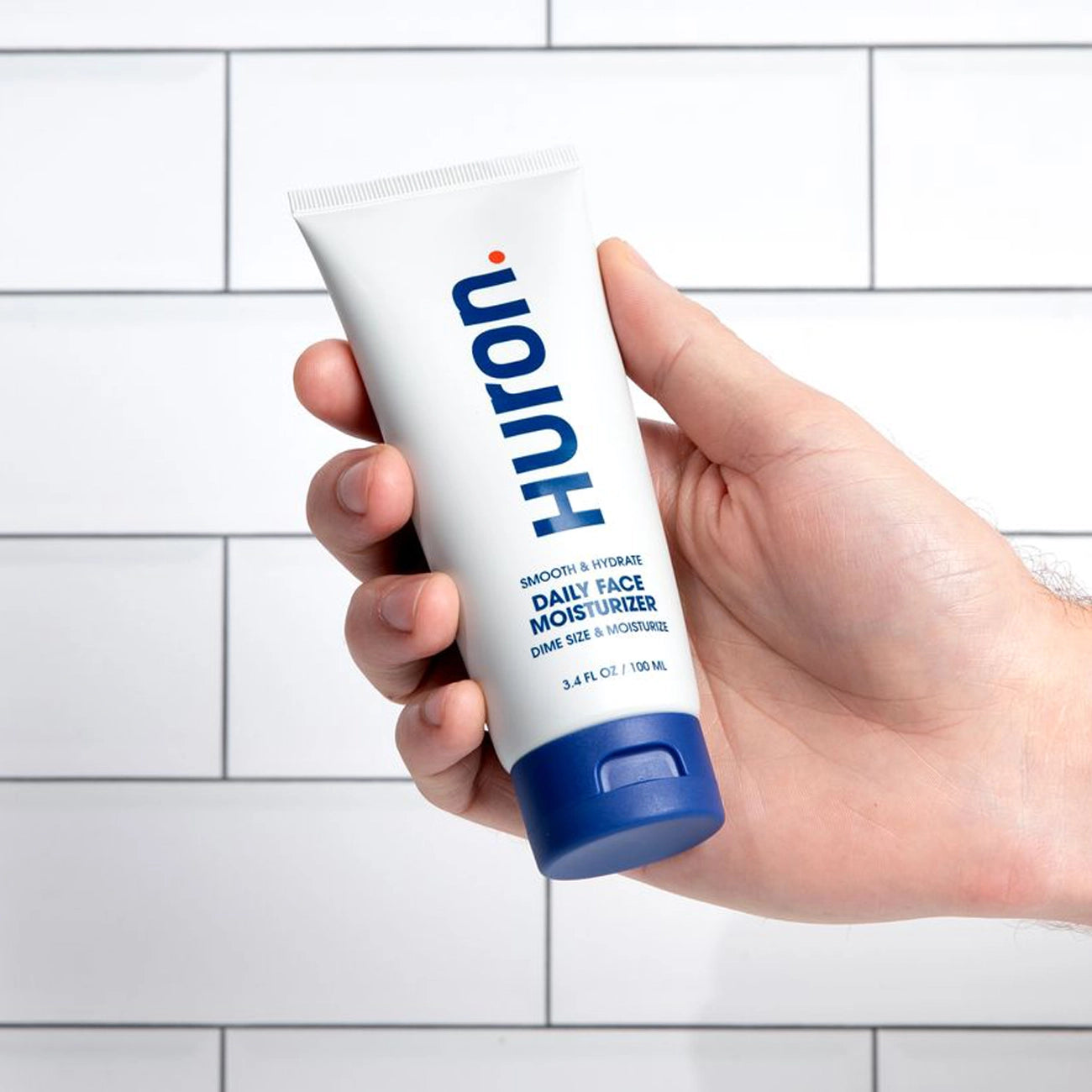

Face Moisturizer Duo
Ingredients
Details
FAQs
Yes! In fact, it’s recommended to protect your face with a broad-spectrum sunscreen year-round, as the amount of UVA rays stays constant no matter the season. Our SPF Face Moisturizer was formulated to protect against the sun’s harmful rays, while also having the benefits of a standard face moisturizer: it protects against signs of aging such as fine lines & wrinkles, retains the skin’s moisture levels, and leaves your skin feeling light and fresh.
Great question! The term “broad spectrum” refers to protection against both UVA and UVB rays. UVB is the stronger of the two and causes sunburn; UVA rays are responsible for premature aging. However both types of rays have been known to lead to skin cancer. The qualification of Broad Spectrum means that it is FDA-approved against both types.While you’re looking for the broad-spectrum label, it’s also a good idea to check the SPF (Sun Protection Factor), which is the sunscreen’s ability to block UVB rays. According to the American Academy of Dermatology, SPF 30 filters out 97% of harmful rays, which is the recommended starting point for SPF levels.
We recommend that you apply liberally 15 minutes before sun exposure, and reapply at least every 2 hours during prolonged sun exposure. The amount that reapplication is needed depends on the level of sun exposure and your individual skin type.
Our SPF Face Moisturizer is not water-resistant; we recommend reapplying after sweating or swimming.
Yes - A gentle, sulfate-free cleanser like our Face Wash helps remove daily buildup of dirt, oil and pollution without overstripping, and our Face Moisturizer is lightweight and won't feel heavy or greasy, great for all skin types. When you overstrip, it can cause over-production of sebum and oil output, so gentle is the way to go. Additionally, the mild polishing of Bamboo powder and fruit enzymes helps unclog pores and smooth skin texture.
We safety test all products for irritation and skin sensitization. As the term "hypoallergenic" has no federal standards that govern the use of the term, we do not make that claim. If you're highly sensitive to any ingredients, it's best to patch test any formula first, or consult your dermatologist.
As the term "non-comedogenic" (won't clog or block the pores on your skin) has no federal standards that govern the use of the term, we do not make that claim. If you're prone to pore clogging, it is best to check the ingredient lists for any ingredients your skin might object to and/or consult your dermatologist.

